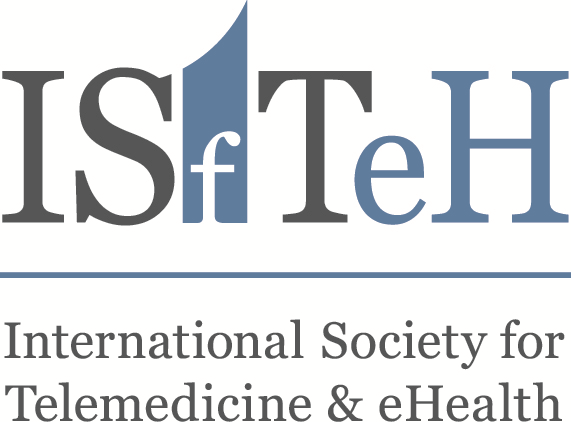Keynotes, Invited Speakers and Panelists
Speakers and Panelists that have been confirmed:
Keynote Speakers
| Speaker | Name | Affiliation | Talk |
|---|---|---|---|
 |
Oliver Morgan |
World Health Organization (WHO) |
Public Health Emergencies: How can we make better use of data to protect people`s health and save lives? Abstract |
 |
Tina Comes |
Delft University of Technology |
Data for Good? Designing Humanitarian Technology Abstract |
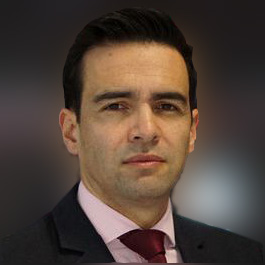 |
Paul Chong |
IBM Watson |
Invited Speakers
| Speaker | Name | Affiliation | Role |
|---|---|---|---|
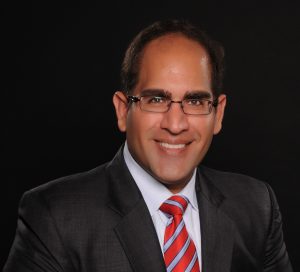 |
Vik Bakhru |
ConsejoSano | Digital Tools in Practice |
 |
David Morgan |
Safe Patient Systems Group | Use of Digital Technology for Managing Terrorist Attacks and Delivering First Class Healthcare into Rural Africa |
 |
Jay Kola |
Operon Limited |
Healthcare Standards in the era of APIs & Cloud Computing – A platform oriented approach to building healthcare applications for safer clinical records |
 |
Pierre-Louis Mercereau |
Médecins Sans Frontières |
Contextualisation of software for frontline health workers |
 |
Emily Keane |
Save the Children |
Transform Nutrition – Tackling Malnutrition by Mobile App in Africa |
 |
Dan Campsall | Road Safety Analysis | 5 Big Digital Dilemmas for Global Health & Road Transport |
 |
Charlie Davie | UCLPartners | Digital Health – Unlocking the Power of Online Communities |
 |
Alexander Leff | UCL Institute of Cognitive Neuroscience | Listen-In: Gamifying Practice-based Therapy for Patients with Aphasia |
 |
Jailson Correia | Recife City Hall | One mosquito, three epidemics and a global public health emergency: fighting Aedes aegypti in Recife, Pernambuco, Brazil |
 |
Issac Bogoch | University of Toronto | Typhoid in Nepal: Using large data sets and surveillance networks to determine burden and drive policy |
 |
Philip Abdelmalik | Public Health Agency of Canada | #PublicHealthIntelligence: Exploring social media for the Global Public Health Intelligence Network |
Panel1
Interdisciplinary Global Health Research: from research funding to policy and impact
The Panel:
| Panelist | Name | Affiliation |
|---|---|---|
 |
||
 |
||
 |
||
 |
||
 |
||
 |
||
 |
Date: Monday 3rd July
Time: 14:00
Overview:
In the times of dramatic shifts on the international political landscape it is more important than ever before to work together towards closer international collaboration, strengthening global partnerships between academia, industry and NGOs sectors, and promoting truly impactful research addressing real-world needs in the area of global health, preparedness and emergencies. The £1.5bil UK Global Challenges Research Fund (GCRF) is a strategic step in this direction. Philanthropic initiatives and large research funders, such as Wellcome Trust and Bill and Melinda Gates Foundation, brought many successes in translational research for global health challenges, however, sustainable funding mechanisms remain a challenge. This debate will discuss on the following themes:
- In addition to grant based research funding schemes and large philanthropic initiatives – would institutional strategic support provide a self-sustainable route?
- Have the first year of GCRF funding scheme brought the desirable shift towards global challenges and international partnerships with ODA countries?
- How do funding bodies better incentivise translational research creating innovation and lasting impact?
- How do funders envisage international collaboration in the new UK – EU and Europe -US political landscape?
Panel2
Digital imaging from the microscope to the satellite
The Panel:
| Panelist | Name | Affiliation |
|---|---|---|
 |
||
 |
||
 |
||
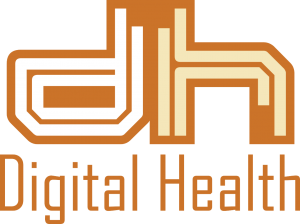 |
Date: Tuesday 4th July
Time: 14:00
Overview:
Digital and mobile health technologies are rapidly revolutionising the healthcare field in virtually all aspects of care. Developing countries stand to gain enormously from this technology, however to date, there have been rather few innovations that have been implemented on a wide scale. Specifically, digital imaging at the micro and macro levels (e.g. raining from microscopy to drones, satellites and GIS systems) for public health and healthcare provision are lacking in developing countries.This panel seeks to address the potential that imaging technology can bring to developing regions, and discusses barriers to implementation and how to best overcome these barriers.Key questions to answer:
- What do you see as the role of imaging technology for improving diagnostics to large scale population mapping in 2017 and 2027?
- What are current the barriers to implementation and scale, and can you speculate on future barriers over the next decade?
- What is the best approach to overcome current barriers, and address potential future barriers to ensure a smooth transition to implementation and scale?
Panel3
Data Sharing for Emergencies
The Panel:
| Panellist | Name | Affiliation |
|---|---|---|
 |
||
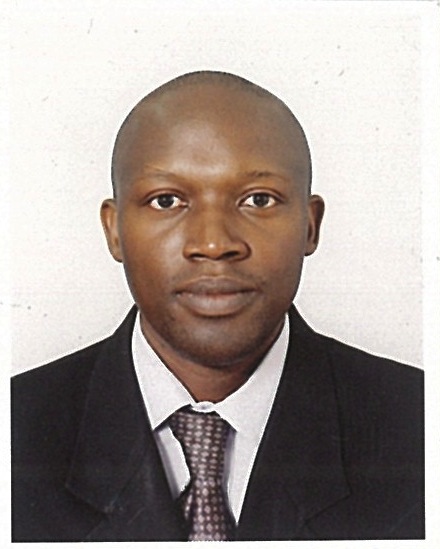 |
||
 |
||
 |
Recife City Hall |
|
 |
||
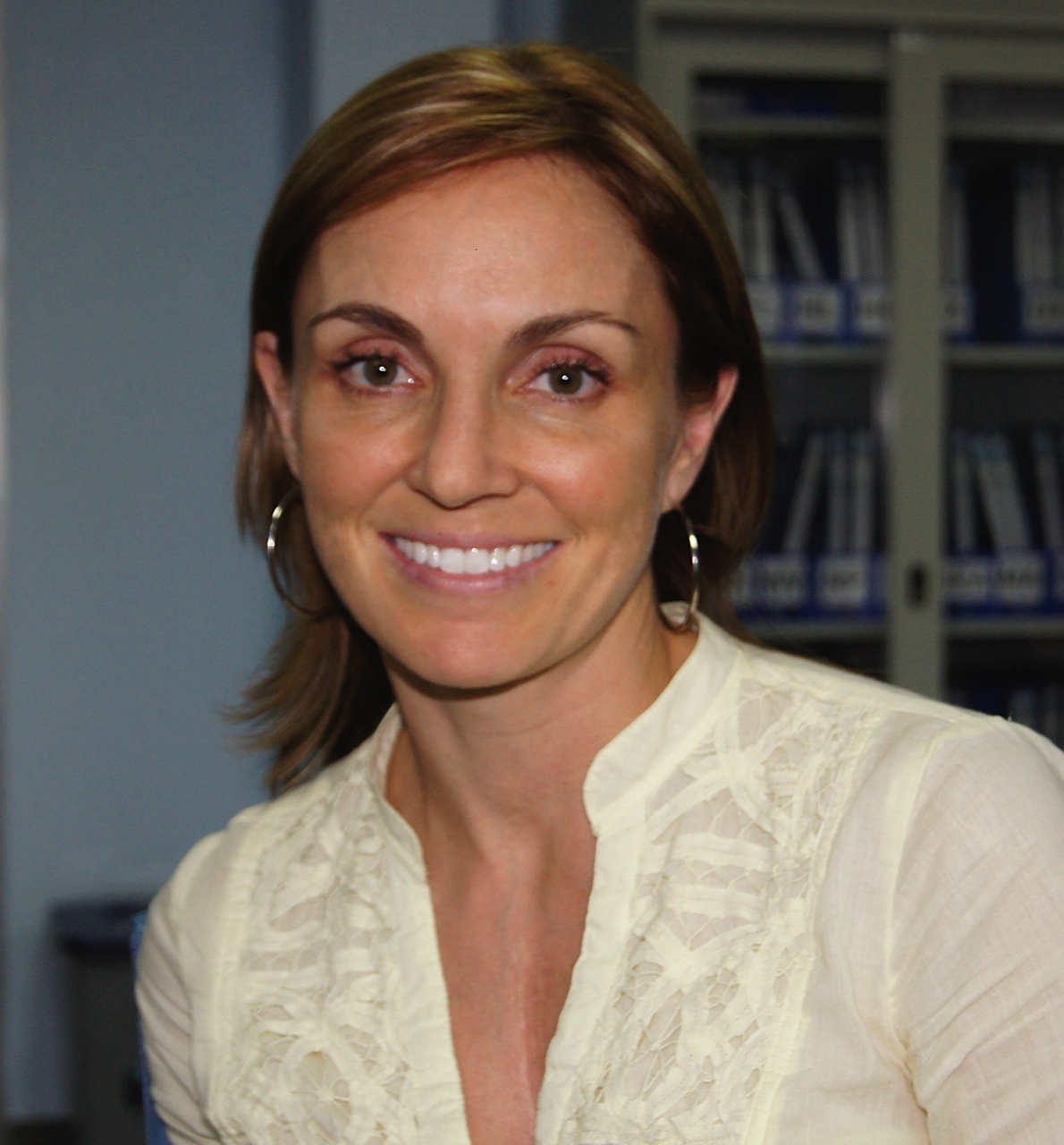 |
Date: Wednesday 5th July
Time: 15:30
Overview:
Public health data informs interventions that improve the health of individuals and populations. During public health emergencies, timely dissemination of data is critical to the rapid implementation of existing public health measures, and the development of new ones in order to save lives. Despite many calls for public health data sharing to become the norm, it does not systematically occur and the reasons are multiple and complex. Changing the data sharing paradigm requires us to understand why data is not always shared, and how this can be changed. There are many stakeholders involved in data-related issues during emergencies.
This panel will approach data-sharing from different perspectives and suggest ways to make sharing during emergencies the norm.
Key questions to answer:
- How can individuals involved in responding to emergencies share data without losing publication opportunities?
- Countries can be disincentivised to share data because of travel and trade consequences. How is this issue best addressed?
- Should there be a data sharing mechanism embedded in the IHR when a public health emergency is declared?
Supported by:
Partners:





